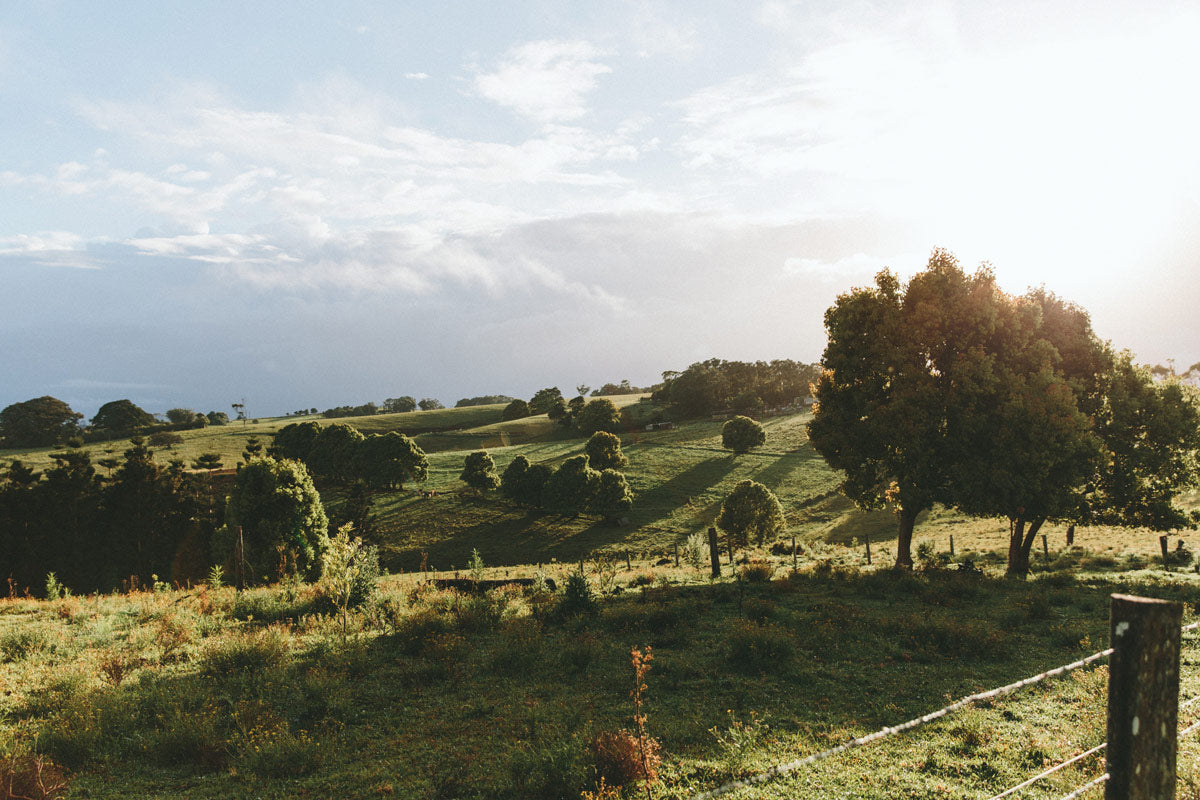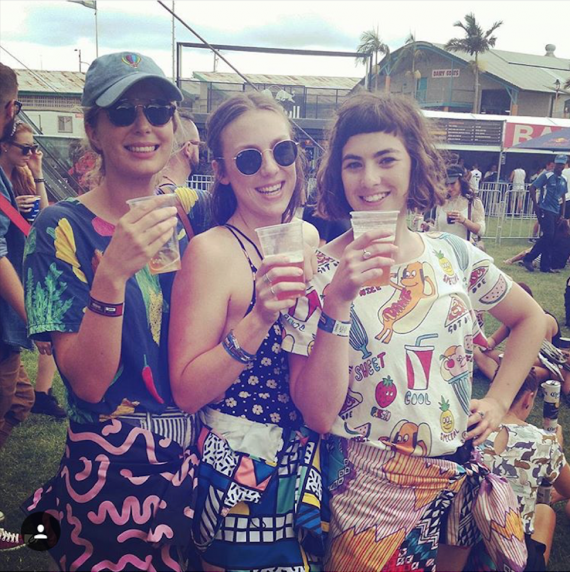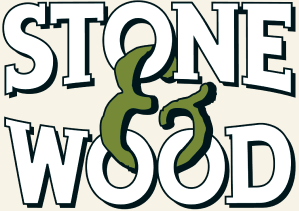This year will be joined by RecycleSmart at our Byron Bay Brewery for National Recycling Week. We caught up with Eugenie Alonzo from RecycleSmart ahead of the event to get a better understanding of their work, our current recycling situation, and how to best use their services.
We are delighted to have you join us at the Byron Bay brewery during National Recycling Week.
For those who are new to RecycleSmart, can you briefly describe what RecycleSmart is, how it started and what your mission is?
It all started with our co-founders, Marco and Giorgio, who couldn’t quite wrap their heads around the idea of burying things that could be reused or recycled. They began collecting clothes on their Vespa from friends and dropping them off at charity shops, and that small idea grew into RecycleSmart.
We’re a Sydney-based scale-up on a mission to make it easy for people, councils, and businesses to keep unwanted items in use and out of landfill. Through our Pickup service, powered by smart technology and full traceability, we help Australians recycle the things that can’t go in their kerbside bins: from clothes to e-waste and beyond (soft plastics, batteries, beer bottles, you name it!) Our vision is simple: a world where nothing is wasted because every unwanted item gets a second life.
Can you describe how scheduling a pickup works and what happens with peoples items from there?
Scheduling a pickup with RecycleSmart is super easy: it only takes a few clicks. You can book through our app or on our website: just choose your Pickup size (and if you’re not sure, you can snap a photo and our RecycleSmart AI will suggest the right size for you), pick a date, and ta-da: you’re all set! On Pickup day, one of our friendly local drivers will come by to collect your items. They’ll sort things on the spot, making sure everything is clean, dry, and safe to handle (no hazardous or organic materials, please!). After that, your items head to one of our local consolidation points: that’s where everything gets carefully sorted and grouped by material. From there, we work with our network of vetted partners who ensure every item gets a proper second life. For example, soft plastics will be turned into pellets to make new flexible packaging, batteries are dismantled to recover precious metals, and coffee capsules are separated so the grounds become compost while the aluminium gets recycled, again and again, since it’s infinitely
recyclable
Do you accept items in all conditions or are there any no-no’s people should be aware of before booking a pickup?
We like to keep things simple: we’ll take almost (almost!) anything as long as it’s dry, reasonably clean, and not hazardous or organic. So no liquids, food scraps, or chemicals, please. If it’s something you’d be happy to store indoors for a few days without it smelling or leaking, chances are we can take it!
Where are your services available and do you work with both individuals and businesses
We’re available across Australia in most metropolitan areas, pretty much everywhere except the Northern Territory for now. You can check exactly where we operate on our Pickup map. And yes: we work with everyone! More than 30,000 individuals already use RecycleSmart, and we also partner with businesses and councils around the country to help keep valuable materials out of landfill.
Are there any items you found people are extra confused about how to recycle?
P L A S T I C… hands down! It comes in so many shapes and forms, and the recycling rules can change from one council to the next. So every time you move house (which, let’s be honest, happens a lot in Australia!), you might have to relearn what goes where.
Things like flexible plastics vs. soft plastics, lids on or of, and all those odd little bits can
get really confusing. That’s why at RecycleSmart, we decided to take them all and do the
sorting for you. Our Pickup service is your easy, reliable fallback when you’re just not sure
what to do with something.
If there was one item you could keep out of landfill, what would it be?
If I had to pick one item to keep out of landfill forever, it’d be batteries. They’re deceptively dangerous: when tossed in general waste, they often trigger fires, and this isn’t rare. In Australia, battery-related fires in waste and recycling streams number between 10,000 and 12,000 per year. A battery fire can ignite when a cell is damaged, crushed, or shorted — setting off a chain reaction. Once batteries end up in landfill, they can leak heavy metals and toxic chemicals into soil and water. On the upside: through recycling, we can recover materials like lithium, copper, aluminium, cobalt (and more), which avoids the environmental impacts of mining those resources anew. So yes, if I had one thing I could magically rescue and recycle forever, it would be batteries.
Is there any part of the waste stream that we have managed to create a more or less sustainable system around?
Yes: there are parts of the waste stream where we’ve built more sustainable systems, and one of the brightest examples is the Container Deposit Scheme (CDS). The beauty of CDS is that it puts value back into bottles and cans, giving people a direct incentive to return them instead of tossing them in the bin. And despite that, there’s still a big gap: around one in three aluminium cans go missing, they never make it back to the system. But when the CDS works, it works well. In New South Wales alone, over 13 billion containers have been returned since the launch of its scheme, with more than $1.3 billion refunded to people. Also, good news: the majority of aluminium cans collected through these schemes end up being recycled back into new cans — a real “can-to-can” loop. CDS is a brilliant example of a more circular, sustainable system in action.
What is the most out of the ordinary item you have ever picked up?
A satellite dish!
What has been your biggest surprise or learning about our relationship with waste so far?
Honestly, the biggest surprise has been how oblivious we are, as a nation, about our own waste. We hear about recycling and sustainability all the time, but when it comes to how we actually deal with our stuff: we’ve still got a long way to go. Australia has a bit of catching up to do, but the good news is there’s a real mindshift happening. More and more people are realising that there’s no such thing as “throwing away” , because there is no “away”. Everything we toss has to end up somewhere. We just can’t keep burying our heads in the sand like ostriches, it’s time we face it, take responsibility, and find smarter ways to deal with what we no longer need.
Looking ahead, what do you hope the Australian waste situation will look like in 5 years time and what role does RecycleSmart play in that future?
In five years, I really hope we’ll see stronger producer responsibility in Australia, where manufacturers, brands, and anyone putting products on the market are also responsible for what happens to those products at the end of their life. It’s already happening across Europe, and I think it’s the only real way to build and sustain the circular economy we need. When that happens, more brands will be working directly with RecycleSmart to help cover or offset the cost of pickups for their customers, making our service even more accessible to everyone. We also see a future where reporting and transparency become non-negotiable, where businesses not only aim to reduce what goes to landfill, but can actually prove it. That’s where RecycleSmart’s traceable system and live reporting will really shine, helping organisations measure their impact and show they’re part of the solution.
Any final words, thoughts or advice before we see you in a couple of weeks at the brewery?
Recycling, or dealing with our waste, doesn’t have to be boring, dirty, or overwhelming. It can actually be fun, simple, and really rewarding, and that’s exactly what we’re trying to show at RecycleSmart. We’re here to make it easy for people to do the right thing, one pickup, one item, one small action at a time, because those little changes really do add up. And when you see the difference it makes, it feels good! We honestly can’t wait to meet everyone at the brewery, have a chat, and share a few recycling stories (and maybe a beer or two) during National Recycling Week. See you soon!
Thank you








